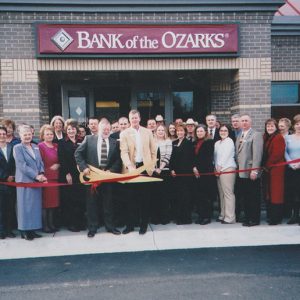 Cabot Bank
Cabot Bank
Entry Category: Business and Economics - Starting with C
 Cabot Bank
Cabot Bank
Caddo River Lumber Company
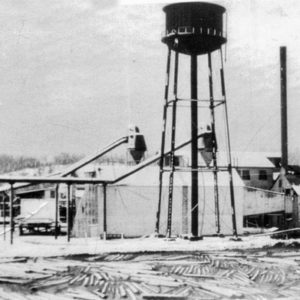 Caddo River Lumber Company
Caddo River Lumber Company
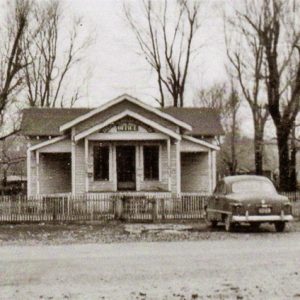 Caddo River Lumber Company
Caddo River Lumber Company
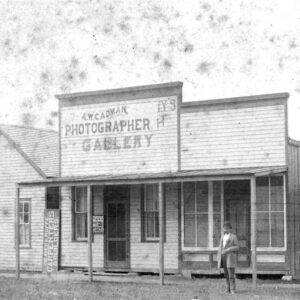 Cadman Photographer
Cadman Photographer
Cairo and Fulton Railroad
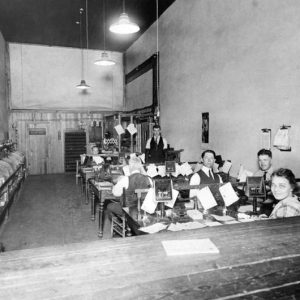 Cairo and Fulton Telegraph Office
Cairo and Fulton Telegraph Office
Camark Pottery
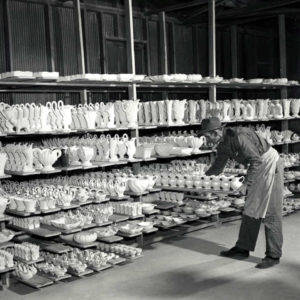 Camark Pottery
Camark Pottery
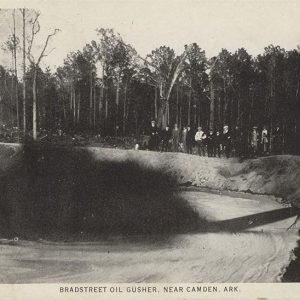 Camden Gusher
Camden Gusher
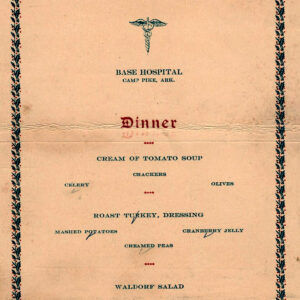 Camp Pike Menu
Camp Pike Menu
Capital Hotel
 Capitol Tower Cartoon
Capitol Tower Cartoon
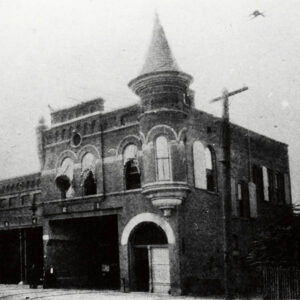 Car Barns
Car Barns
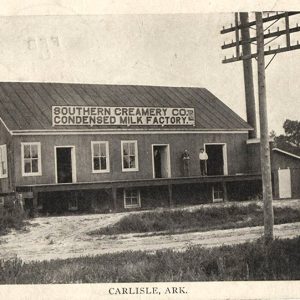 Carlisle Creamery
Carlisle Creamery
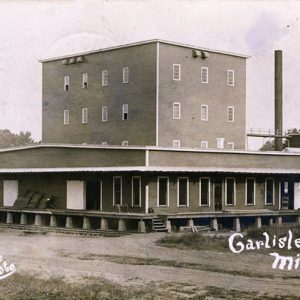 Carlisle Rice Mill
Carlisle Rice Mill
Carnes, Jack
aka: Samuel Jacob Carnes
Carpenter’s Produce
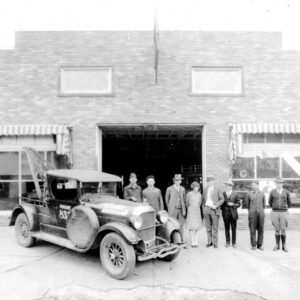 Cates Motor Service
Cates Motor Service
Catfish Industry
aka: Ictalurus punctatus
Cavender’s All-Purpose Greek Seasoning
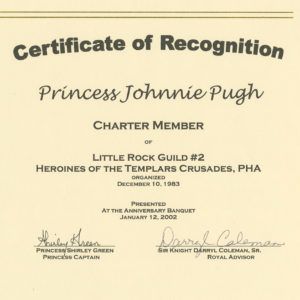 Certificate of Appreciation
Certificate of Appreciation
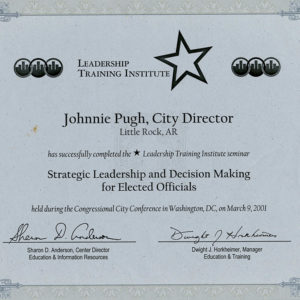 Certificate of Completion
Certificate of Completion
Chateau Aux Arc Vineyards and Winery
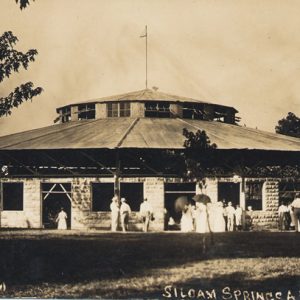 Chautauqua Building
Chautauqua Building
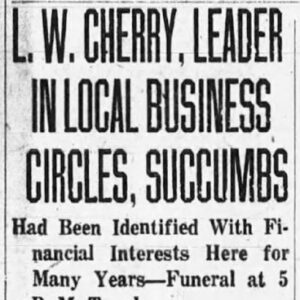 Lewis W. Cherry Article
Lewis W. Cherry Article
Cherry, Lewis Williamson
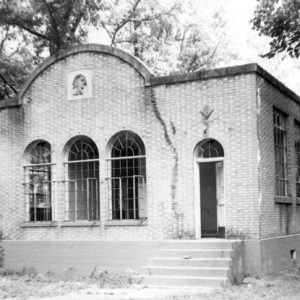 Chewaukla Bottling Factory
Chewaukla Bottling Factory
 Chewaukla Bottling Factory Building
Chewaukla Bottling Factory Building
 Chewaukla Bottling Factory Chimney
Chewaukla Bottling Factory Chimney
 Chewaukla Bottling Factory Gazebo
Chewaukla Bottling Factory Gazebo
 Chewaukla Bottling Factory Gazebo
Chewaukla Bottling Factory Gazebo
 Chewaukla Bottling Factory Interior
Chewaukla Bottling Factory Interior
 Chewaukla Bottling Factory Main Building
Chewaukla Bottling Factory Main Building
 Chewaukla Bottling Factory Main Building
Chewaukla Bottling Factory Main Building
 Chewaukla Bottling Factory View
Chewaukla Bottling Factory View
 Chewaukla Bottling Factory Wall
Chewaukla Bottling Factory Wall
 Chewaukla Bottling Factory Window
Chewaukla Bottling Factory Window
Chewaukla Mineral Springs Co.
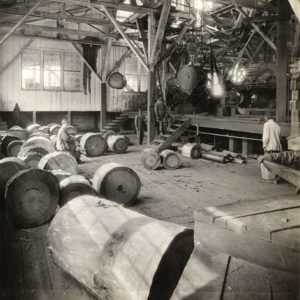 Chicago Mill and Lumber Company
Chicago Mill and Lumber Company
Chicago, Rock Island and Pacific Railway
 Chicken Statue
Chicken Statue
Chicken War of 1962–1963
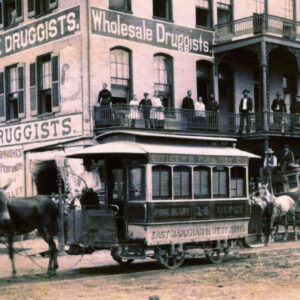 Citizen's Railway Company
Citizen's Railway Company
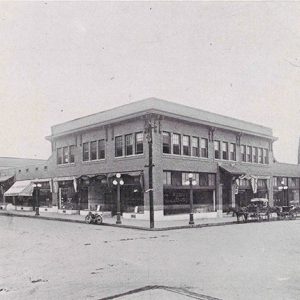 City Market and Arcade
City Market and Arcade
 City Market and Arcade Interior
City Market and Arcade Interior
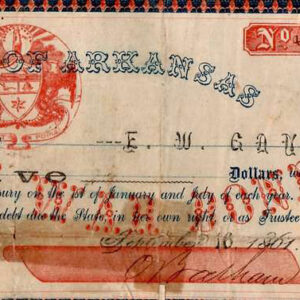 Civil War Bond
Civil War Bond
 Clark and Representatives
Clark and Representatives
Clarke, Faye
 Faye Clarke
Faye Clarke




